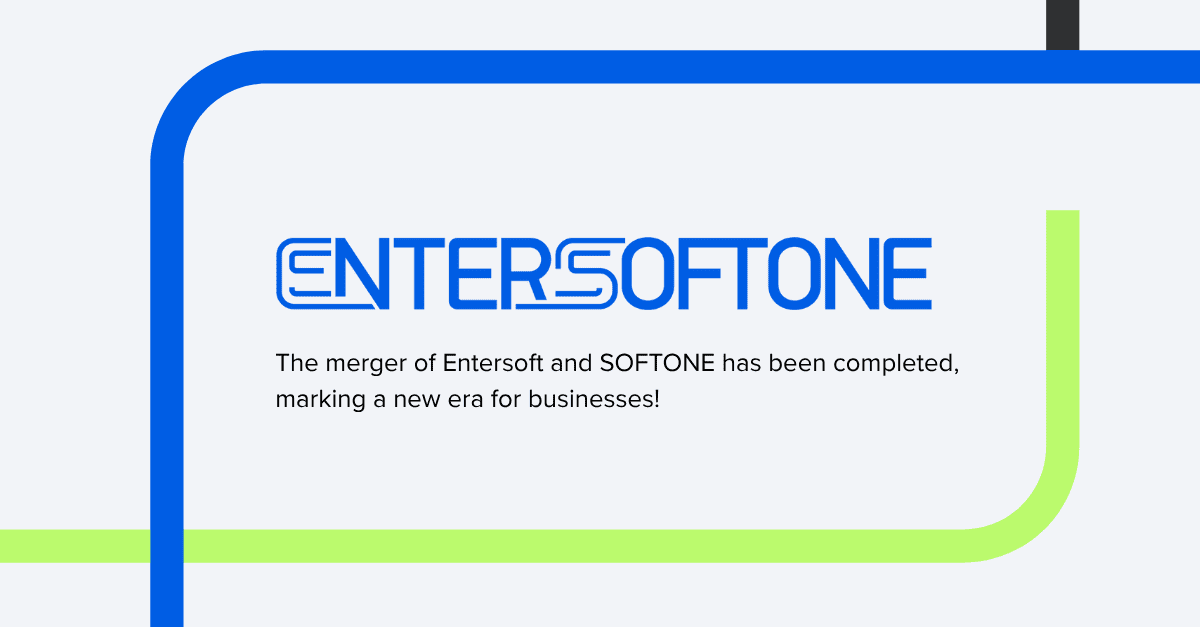Share
Read also

News & Events
ENTERSOFTONE: The merger of Entersoft and SOFTONE has been completed, creating the largest provider of business software products and services in Greece and Southeast Europe.

Mobility
Outlook for the BYOD and EM market from 2025 to 2035

Cloud
The Cloud CRM market will see impressive growth by 2033

Mobility
Key trends in Sales Force Automation
According to the available facts, a big percentage of medium and large businesses are already using ERP systems, so the battle field has now shifted to SMBs. A recent survey by Software Advice revealed that 87% of the potential buyers of ERP solutions belong to the SMBs sector, while a great portion of such businesses do not yet possess ERP systems. So, it is not by chance that ERP manufacturers are targeting this audience, since they rightfully believe that SMBs have the required dynamics. Let us see, now, which are the challenges when it comes to SMBs deploying ERP systems.
A fact that applies to all businesses, regardless of their size, is that the deployment of an ERP system entails significant changes in business operations. Actually, especially in the case of SMBs, which are often used to employ alternative methods for finances, budgeting, purchases and reporting, they are suddenly faced with operations that seem to be time-consuming. As a result, business departments and employees often react and refuse to use the new technology. Sometimes, they even invent ways to circumvent the carefully structured processes, thus sabotaging the entire project. The solution to this problem is to convince SMBs to see past the temporary difficulties and consider factors such as growth prospects and the future of technology. In short, they need to understand that this is something that surpasses their current needs, or even what they can predict for the next decade.
The second, but equally important, challenge has to do with budget restrictions. Undoubtedly, the adoption of an ERP solution comes at a certain cost in terms of hardware, software and the deployment itself. In order to reduce this cost, many SMBs start cutting corners from non-critical areas of the ERP system, which often leads to even greater expenses in the long run. For example, many SMBs believe that there are not big enough to need certain deployment processes and tend to focus on technical issues and neglect aspects related to their personnel and operations, which they will later need and be forced to deploy at greater cost.
The solution to this problem is that, instead of leaving out significant elements that contribute to the success of the ERP system (e.g. training, testing before activation and so on), SMBs have to look into staged deployment: solve the critical problems that led them to acquire the ERP solution first, thus ensuring that all the necessary elements have been fully deployed. In this way, they can reduce the cost, follow schedules and actually get the chance to enjoy immediate benefits.
The third challenge that SMBs face has to do with prompt identification and evaluation of the pros and cons of the available models. For many businesses of this category, having a cloud-based ERP system can prove more cost-efficient. SMBs seem to feel more comfortable with cloud computing and the benefits this technology has to offer, such as shorter deployment time and reduced IT cost. On the other hand, the cloud cannot be considered as a universal solution for all SMBs. Some invoicing models require additional expenses for uploads, downloads etc. SMBs must do a comprehensive cost analysis, on a long-term basis, before choosing the model that suits their needs.







